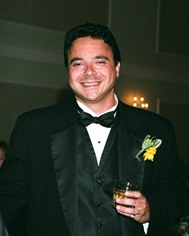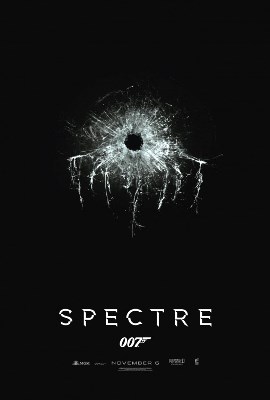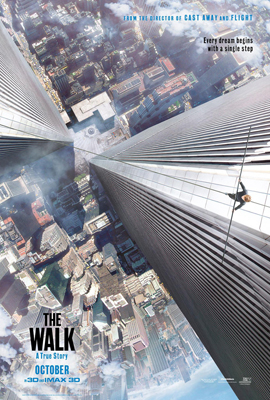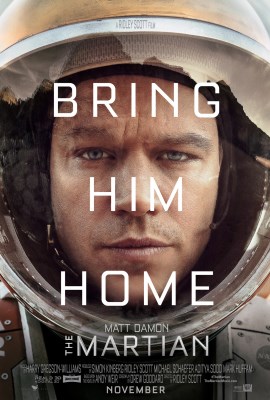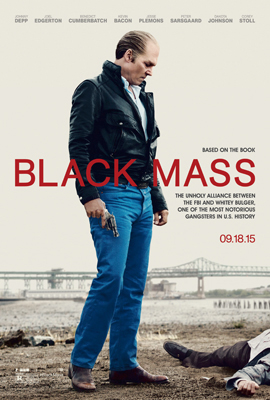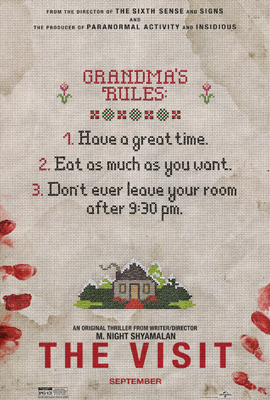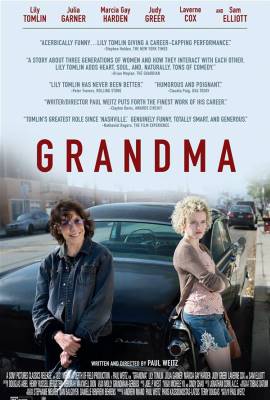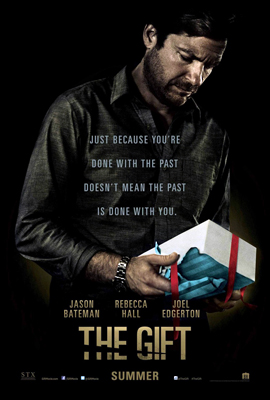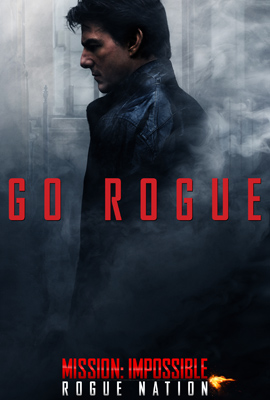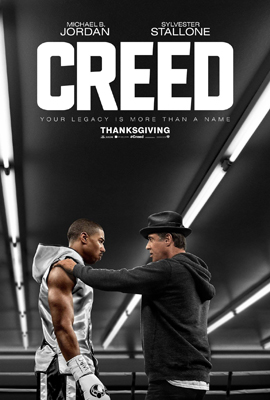 The best movie surprise this year may very well be “Creed,” a sequel to the “Rocky” franchise that manages to evoke all of what you loved about the original 1976 film and refashion the classic underdog story for a whole new generation of filmgoers.
The best movie surprise this year may very well be “Creed,” a sequel to the “Rocky” franchise that manages to evoke all of what you loved about the original 1976 film and refashion the classic underdog story for a whole new generation of filmgoers.
You know the story: Rocky Balboa (Sylvester Stallone), an amateur fighter whose brawn is valued over brains by the Philadelphia street syndicate, is given a chance at boxing’s heavyweight championship via a slick PR move by reigning champ Apollo Creed (Carl Weathers) – Creed giving the chance to an unknown fighter dubbed “The Italian Stallion” from America’s birthplace during the bicentennial is too good a hook to pass up. Unfortunately, the plan backfires on Creed when he realizes Rocky’s literal left hook is just as good. Though Creed dodges Balboa’s bullet and retains his title in a split decision, Rocky proves himself in the ring and wins over the audience, including those in the theater- shot over 28 days for $960,000, “Rocky” won three Oscars (including Best Picture) and grossed $225 million. Continue reading
